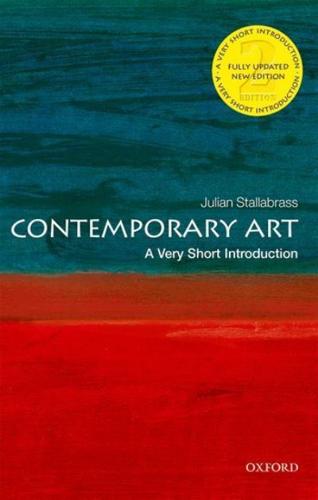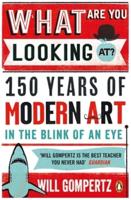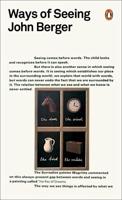Publisher's Synopsis
Contemporary art has never been so popular - but the art world is changing. In a landscape of increasing globalization there is growing interest in questions over the nature of contemporary art today, and the identity of who is controlling its future. In the midst of this, contemporary art continues to be a realm of freedom where artists shock, break taboos, flout generally received ideas, and switch between confronting viewers with works of great emotional profundity and jaw-dropping triviality. In this Very Short Introduction Julian Stallabrass gives a clear view on the diverse and rapidly moving scene of contemporary art. Exploring art's striking globalisation from the 1990s onwards, he analyses how new regions and nations, such as China, have leapt into astonishing prominence, over-turning the old Euro-American dominance on aesthetics. Showing how contemporary art has drawn closer to fashion and the luxury goods market as artists have become accomplished marketers of their work, Stallabrass discusses the reinvention of artists as brands. This new edition also considers how once powerful art criticism has mutated into a critical and performative writing at which many artists excel. Above all, behind the insistent rhetoric of freedom and ambiguity in art, Stallabrass explores how big business and the super-rich have replaced the state as the primary movers of the contemporary art scene, especially since the financial crisis, and become a powerful new influence over the art world. ABOUT THE SERIES: The Very Short Introductions series from Oxford University Press contains hundreds of titles in almost every subject area. These pocket-sized books are the perfect way to get ahead in a new subject quickly. Our expert authors combine facts, analysis, perspective, new ideas, and enthusiasm to make interesting and challenging topics highly readable.








